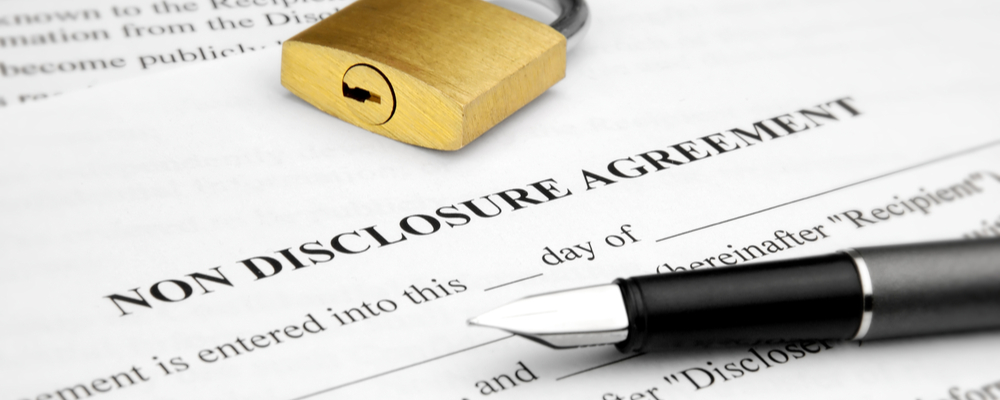Authored by:

Justin R. Muehlmeyer
Patent Attorney
All Posts by Justin
Protecting Valuable Business Info as a Trade Secret
If your family has a treasured secret recipe that has been handed down for generations, you already understand the basics of a trade secret. In legal terms, a trade secret pertains to information that derives independent economic value from not being generally known to and not being readily ascertainable by proper means by others. Many different types of information could be protectable as a trade secret, including formulas, software code, data, methods, techniques, marketing strategies, production or distribution methods, data analysis, etc.
Trade secrets are protected under federal and state law. Unlike other types of intellectual property, there is no formal instrument or government registration for protection. Instead, a court will decide whether you are entitled to trade secret protection by determining whether you took reasonable actions to keep the information secret. While copyright and patent protections are time-limited, trade secret protection remains in place as long as the information is kept a trade secret.

Failure to demonstrate due diligence in protecting a trade secret from public disclosure can result in the loss of trade secret protection. For example, disclosing the information to others without any obligation of confidentiality could cause the information to lose trade secret status. Failing to obligate your own employees to keep the information confidential could cause the information to lose trade secret status. Failing to enforce your rights against misappropriation could cause the information to lose trade secret status.
As the owner of an enforceable trade secret, you will have certain rights under federal and state law against misappropriations of the trade secret, which could entitle you (at your burden of proof and expense) to injunctions and damages. Your case will be difficult if you did not take the simple steps most courts would expect you to take to keep your information secret. The majority of trade secret misappropriations are by someone who had legitimate access to the trade secret, such as a former employee, so you should be sure to have clear obligations of confidentiality with all your employees and maintain and enforce that policy regularly. Keep your secrets few and close.
Nondisclosure agreements in your employee and independent contractor agreements are one of the most effective means of limiting or preventing misappropriation of trade secrets. Not all nondisclosure agreements are created equal. A poorly executed nondisclosure agreement often provides inadequate protection for information you intend to protect as a trade secret. Overly restrictive nondisclosure agreements can also prove to be unenforceable.
The attorneys and patent agents at Peacock Law P.C. have extensive experience in strategizing the steps you should take to protect your valuable information as a trade secret.


